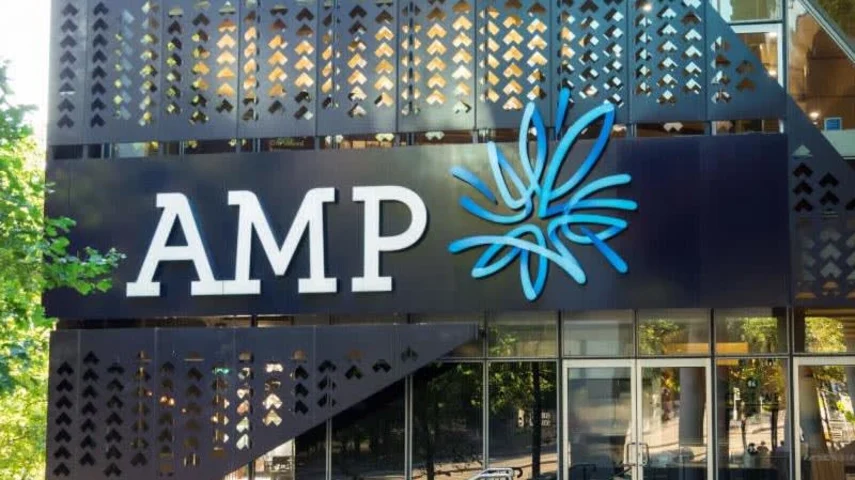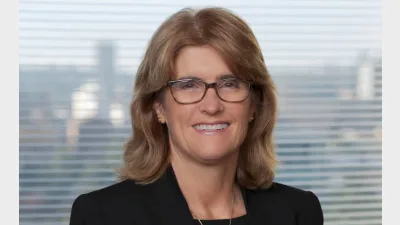New AMP chair urges super policy overhaul to tackle retirement drawdown challenge



AMP’s new chair has used his inaugural AGM address to call for policy reform on the “decumulation” phase of superannuation and position AMP as a key player in addressing the challenge.
“Superannuation is globally recognised as a world-class retirement savings model – but it’s time we solved the complexities of the decumulation phase,” newly appointed chair Mike Hirst said.
“Australians deserve better in retirement, and AMP is committed to leading that charge.”
He said industry and government must work together to ensure Australians can draw down their savings effectively, and reaffirmed AMP’s commitment to providing “education, guidance and solutions” to improve outcomes in retirement.
“We’ll continue to collaborate with government on developing a range of solutions to make Australians’ retirement as rewarding as it deserves to be,” Hirst said.
With Australia’s ageing population driving structural demand, he said the firm’s superannuation and wealth platforms businesses are well positioned to become “a pre-eminent retirement specialist in Australia”.
The chair also acknowledged current market volatility in his speech, noting that AMP’s share price – down 31.25 per cent year-to-date – “reflects this volatility as it does for many other listed companies globally”.
“Of course, right now, all businesses are operating in an unpredictable market as a result of the challenging geopolitical environment we face. Obviously for our shareholders and customers, this can be a worrying time,” Hirst said.
“This is the seventh time in my career I have experienced these event-driven corrections and in every case, the market has recovered and gone on to reach new heights.”
He noted that AMP’s board is focused on managing capital and liquidity while prioritising underlying fundamentals to support long-term growth.
In his speech, Hirst also highlighted AMP’s move to tighten executive remuneration, cutting the CEO’s maximum short-term incentive from 200 per cent to 150 per cent of fixed pay from 2025, as part of a broader overhaul to better reflect the group’s simplified structure and growth strategy.
The board also recently revised the 2025 company scorecard, swapping statutory net profit after tax for a cost-to-income ratio to sharpen focus on operational efficiency.
Remuneration has remained a point of contention for AMP, following a first strike at its 2023 AGM when nearly half of shareholders rejected the remuneration report. Although reports were approved in the two years since, the company said it undertook an external market review in response to investor sentiment voiced during the 2024 AGM season.
At the latest AGM last week, 93.2 per cent of shareholders voted in favour of adopting AMP’s remuneration report, while 96.6 per cent backed CEO Alexis George’s long-term incentives for 2025.
Recommended for you
Reserve Bank governor Michele Bullock has quashed hopes of an out-of-schedule rate cut, telling an event in Sydney that it remains too early to determine the trajectory of interest rates as the RBA grapples with growing global economic volatility.
Australian super fund leaders have flagged AI as a major force reshaping the global economy and investment landscape, stressing the importance of responsible use and long-term thinking to harness its full potential.
The era of “US exceptionalism” may be drawing to a close, with widespread implications for global markets, currencies, and interest rates, but the message from the super sector is funds remain well-positioned to weather the volatility.
UniSuper’s investment strategy in decarbonisation remains firmly rooted in economic viability rather than political shifts, according to its chief investment officer.












